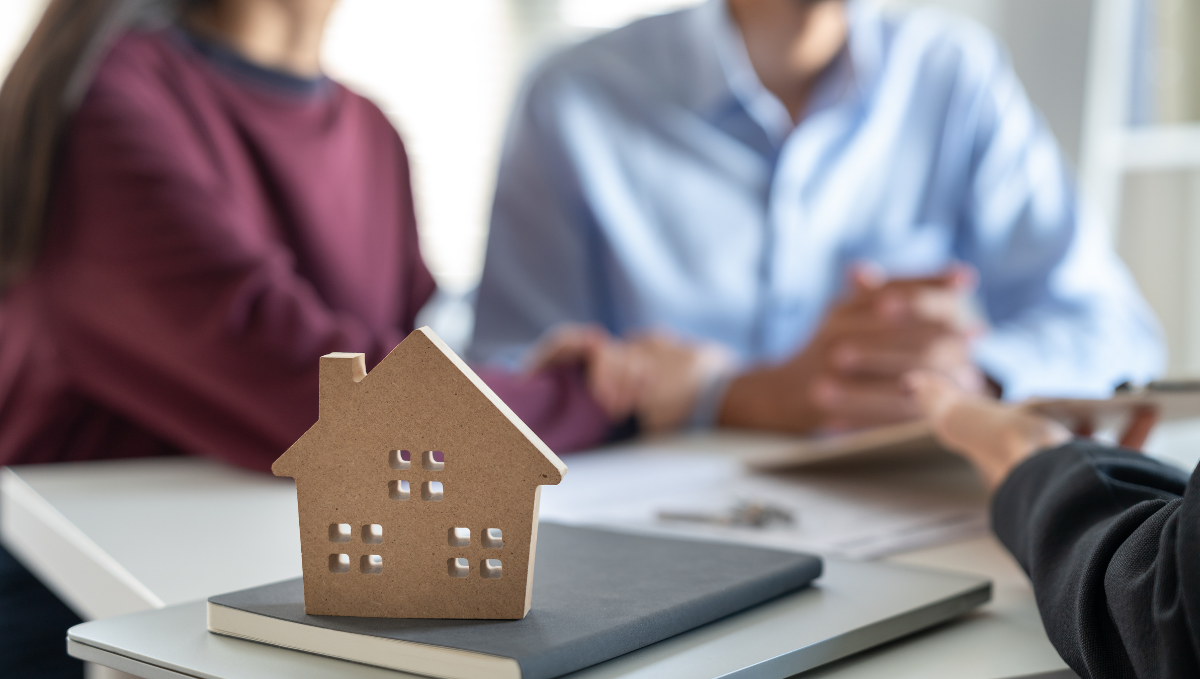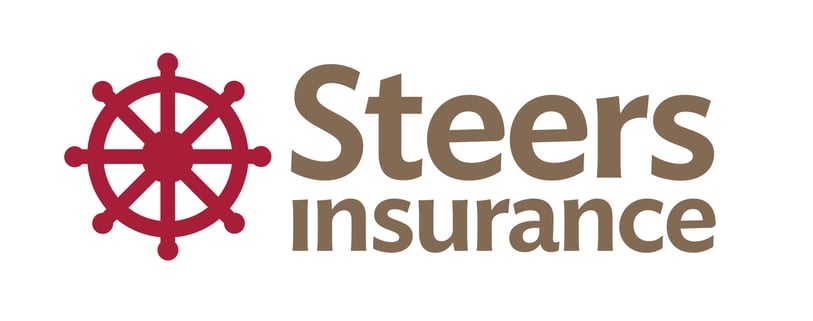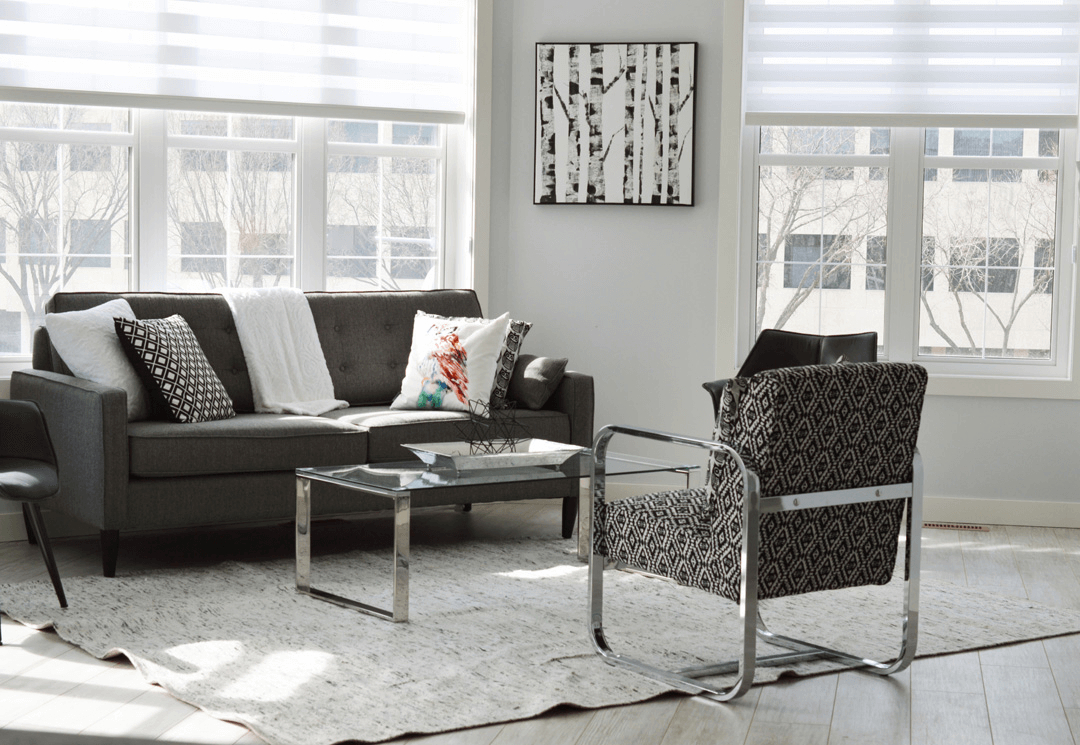
You've saved for a down payment and you're ready to purchase your first home! Buying a home for the first time is an exciting, but often overwhelming time in anyone's life.
If you’re looking into buying your first home, this first-time homebuyer checklist will help guide you on your exciting journey:
- Get a home inspection. Even new homes need a home inspection. There may have been problems with the construction or other issues that you will want to know about when purchasing a home. If, for whatever reason, you are pressured to not get a home inspection, walk away. Also, remember to ask a home inspector what the inspection covers and does not cover and always hire a trained, certified home inspector.
- Research other listings. It’s always a good idea to know what else is for sale in the area to compare asking prices, including the sale prices of foreclosed homes.
- Ask how long it has been on the market. If a house just appeared and there is a lot of demand in your area, be aware that you may need to make an offer quickly. If it's been on the market for a long time, look at the price history.
- Is the asking price flexible? Before making an offer, check to see how flexible the seller is to avoid offending the seller with a low-ball offer.
- Negotiate credits and closing costs. When negotiating the purchase price, ask for credits to repair or replace items that the home inspector noted, such as a new roof or hot water heater. You can also negotiate with the seller on having them pay for the closing costs associated with the sale.
- Ask for paperwork and warranties. Ask the seller for documentation for any mechanical or other significant updates made to the house. That way, if something breaks, you'll know if it’s covered under warranty and who to contact to repair it. It can also help you find a match for tile or flooring should you need it in the future.
- Do a final walk-through. The day you sign the closing documents, do a final walk-through of the property. Now that the property is vacated, are there areas that need to be repaired? Has the seller removed everything from the property, including items they no longer want? This can help avoid unpleasant surprises when you arrive home for the first time.
- Get home insurance. Home insurance covers the cost to repair or replace your home and belongings if they're damaged by an incident covered in the insurance policy. It may also provide liability insurance if you're held responsible for an injury or accident.
Many insurance companies offer a multi-policy discount on your premium when you have more than one policy, such as home, car and boat insurance. Contact your insurance broker to find out the best home insurance to make sure your new home is covered. After all, a home is one of the biggest investments you will make in your lifetime, so it’s crucial that you have the proper insurance coverage for it.
Sources:
https://www.travelerscanada.ca/prepare-prevent/home/eight-tips-for-first-time-home-buyers


 ;
;
 ;
;
 ;
;
 ;
;
 ;
;
 ;
;
 ;
;


